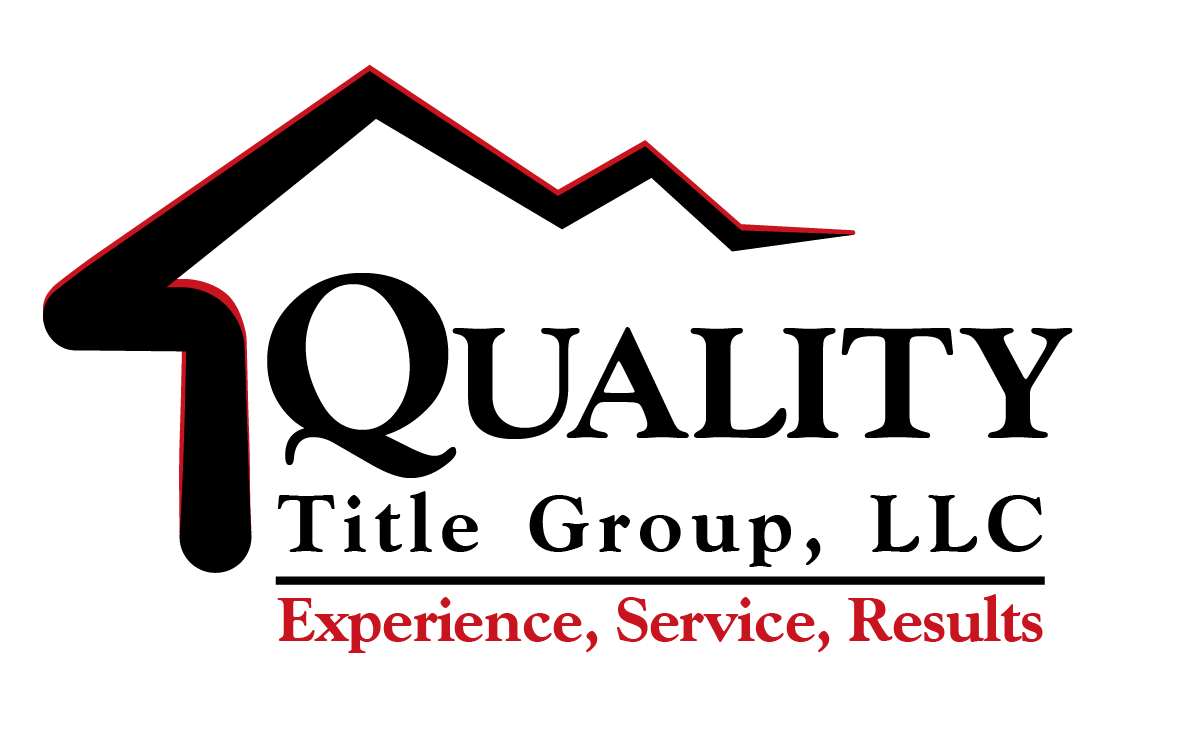Choosing the right location for your business is a pivotal decision that can determine your company’s long-term success. It involves more than just picking a spot; it’s about strategically positioning your business to maximize growth potential. Each step in this decision-making process is critical. Here’s how you can navigate this complex landscape to find a location that not only meets today’s needs but also supports tomorrow’s ambitions, courtesy of Quality Title Group.
Accessibility and Visibility
Select a location that enhances the accessibility and visibility for your primary customers. This means considering traffic patterns, ease of entry, and exit from the site, and the visibility from major roads or pedestrian pathways. A storefront or office that is easy to find and reach can significantly increase customer visits and brand exposure. Think about parking availability and public transport access as well—these factors are often overlooked but crucial for customer convenience.
Marketing Your New Location
Crafting effective marketing materials is key to launching your business in a new location. High-quality banners, flyers, and digital advertisements can significantly elevate your brand’s visibility and attract a broader customer base. Opting to save these materials in PDF format ensures they retain their clarity and are easily shared and printed, preserving the integrity of your designs. For presentations that require a particular page orientation, a PDF rotator tool becomes invaluable; this will show you how to rotate PDF documents to seamlessly switch between portrait and landscape modes, perfect for both digital and print media.
Labor Market Considerations
Ensure the area you are considering has a labor pool with the necessary skills for your business. This includes not just the availability of potential employees but also the general educational and training levels of the local workforce. An area with higher educational institutions can also be a boon, offering a steady influx of fresh talent and opportunities for internships or collaborative projects.
Local Zoning Laws and Regulations
Familiarize yourself with local zoning laws and regulations before finalizing your location. Zoning laws can affect your business operations in various ways, from restricting certain types of businesses to limiting the hours of operation. Make sure the chosen location complies with these laws to avoid costly legal issues or business interruptions down the line.
Evaluating Potential Competitors
Consider the competitive landscape of your chosen location. Having competitors nearby isn’t always a bad thing – it can signify a healthy market. However, you need to assess whether there is enough demand to support multiple businesses and what your company can offer that others don’t. This might include superior service, better pricing, or a unique product line.
Cost Implications of Different Locations
Different locations come with varying cost implications that can significantly affect your business’s financial health. Consider rent, taxes, utility expenses, and other overheads. An area with higher foot traffic might have higher rents but could result in better sales. Similarly, some regions offer tax incentives to attract businesses, which could be beneficial in the long run.
Supply Chain and Inventory Management
Choosing a location well-connected to major highways, ports, or rail networks is vital for your business – especially if you manage high volumes of inventory. Such connectivity can significantly reduce your shipping costs and decrease the time it takes to receive goods, ensuring you maintain a seamless supply chain. For retail or manufacturing sectors, where quick inventory turnover is crucial, this strategic positioning can enhance operational efficiency and customer satisfaction.
Future Growth and Evolution
Choose a location that can accommodate the growth and evolution of your business. Think about the potential for expansion in the chosen area – whether additional space is available for future growth or if the market is likely to develop in ways that benefit your industry. A flexible, scalable location will support your business as it evolves, preventing costly relocations or multiple renovations.
Finding the right location is a critical step in the journey of any business. It requires a blend of strategic thinking, foresight, and local market understanding. By carefully considering these aspects, you can position your business for success and sustainability in an ever-changing economic landscape. Remember, the perfect location is not just about the here and now but about fostering growth and opportunities well into the future.Ensure a smooth, secure property transaction by partnering with the experts at Quality Title Professionals.

